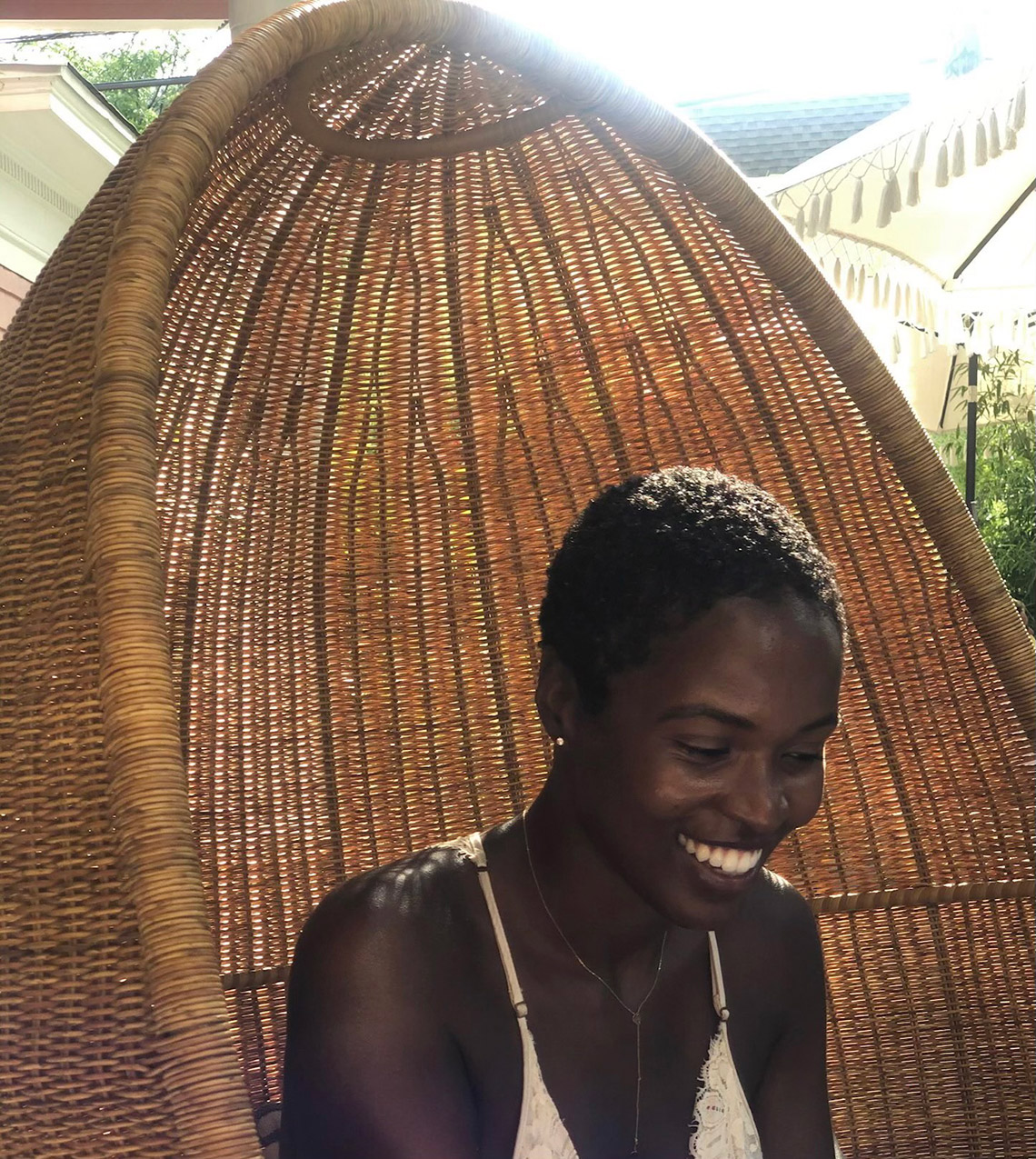Kasirer Spotlight
Briana Uwa serves as Director of Government Relations, Real Estate, and primarily works to serve Kasirer’s various real estate clients to help build a better, more sustainable city.

Tell us about your background and what brought you to Kasirer.
My interest in urban planning started when I was growing up St. Louis, MO. Both of my parents worked for the City and were very civically engaged. My father was a firefighter and my mother was a social worker. They brought me along with them to everything from community meetings in high school cafeterias and church basements with developers and aldermen to canvassing the neighborhood to get signatures to build a community garden. In addition, the City was and still is very racially and economically segregated. It was jarring to see palm trees on side of a street and historic homes literally crumbling on the other side of the street. By the time I left home to go to college, I was really interested in how neighborhoods come to be and the impact they have on the lives of the people who live there.
I went to an HBCU – Spelman College – and studied sociology and anthropology. At the time, Spelman did not offer a degree program in urban planning, but I thought I could start to learn about the intersection of place, space, and people through sociology and anthropology. My advisor recommended I take his course on the history and development of the Atlanta Beltline. I was hooked, especially because the former mayor of Atlanta, Shirly Franklin, taught the course sharing with us everything she had to consider when making decisions around the Beltline from economic development to public safety, open space programming, financing, environmental sustainability and more. I knew immediately I wanted to be a part of the planning “realm.”
After I graduated from Spelman, I took a gap year to study architecture and urban planning in New York and in Paris through Columbia University’s New York to Paris program. This helped me confirm my interest in planning and build a portfolio to apply to graduate school. After I graduated from Columbia’s Graduate School of Architecture and Planning, I remained in NYC and started working first as an economic development consultant, later for a community development corporation, and most recently at City Hall. Following the administration, I pursued a role a Kasirer to combine my experience and interest in planning, real estate, and government.
What do you like about working at Kasirer?
I like the ability to triangulate government, real estate, and communities. I enjoy working to get all folks on the same page about a project and push it forward in a way that works best for everyone. I also love the large-scale projects Kasirer works on. The firm has a wide impact on the City of New York and it’s encouraging to know that these projects were built with feedback and input we helped secure from people in those neighborhoods.
How would you describe the current state of the city’s land use process?
I think the process is in a challenging position. While necessary, I think it has to move faster, incorporate a mechanism to collect public feedback that moves the needle on the substance of a proposal, and ultimately helps produce the kind of land use we need when we need it.
How can city government and developers work together to address New York’s housing crisis?
I think we can work to improve our relationships with communities. Understanding the history of planning interventions in particular communities, I think we have to repair our relationships before and outside of individual projects. This way, when government and developers meet communities in formal review settings, we’re starting the conversation from a place of trust and spending our time discussing the project.
Is there a future in which city government and people can work more closely?
Definitely. Fundamentally, I believe we all want the same thing: an even better New York. I think City government can help play the role of conveying to constituents that we are all partners in this process have to work together to achieve our shared goals.
How would you recommend developers go about understanding the perspectives of community members on the ground when planning projects?
At the beginning of a project I think it would be useful if development teams spent time in the communities in which they are planning to build. Get to know the people and how they use their community from their point of view.
How do you think developers can enter a community without gentrifying it?
I think getting to know the neighborhood and the people early on and earnestly is key. I think this helps build meaningful relationships between the community and the development team, creating an opportunity for everyone to develop a personal interest in the project. It also helps the development team iterate a proposal to reflect the needs, tastes, and goals of the people who live there.
Favorite hobby, food, and TV show? Any pets?
I love dogs, especially Beagles. I don’t have a pet right right now but if you ask me again in a year, I’ll probably have a Beagle. I love all food! Cant think of anything I don’t like. I’m not really watching anything right now but looking. In the meantime, I’ve had courtroom reality TV shows playing in the background.
